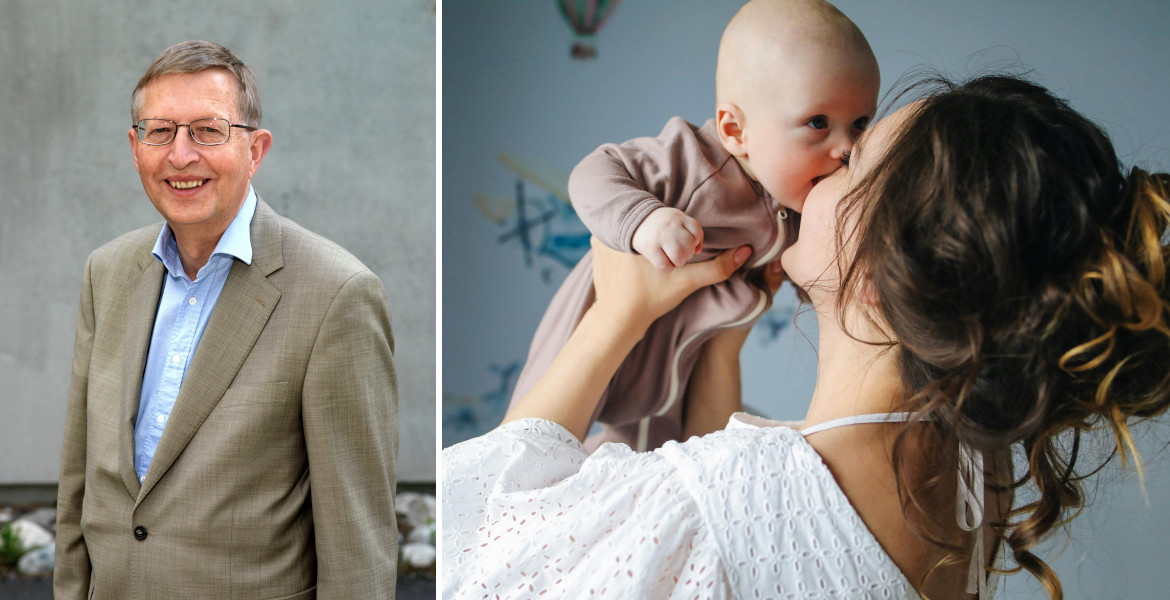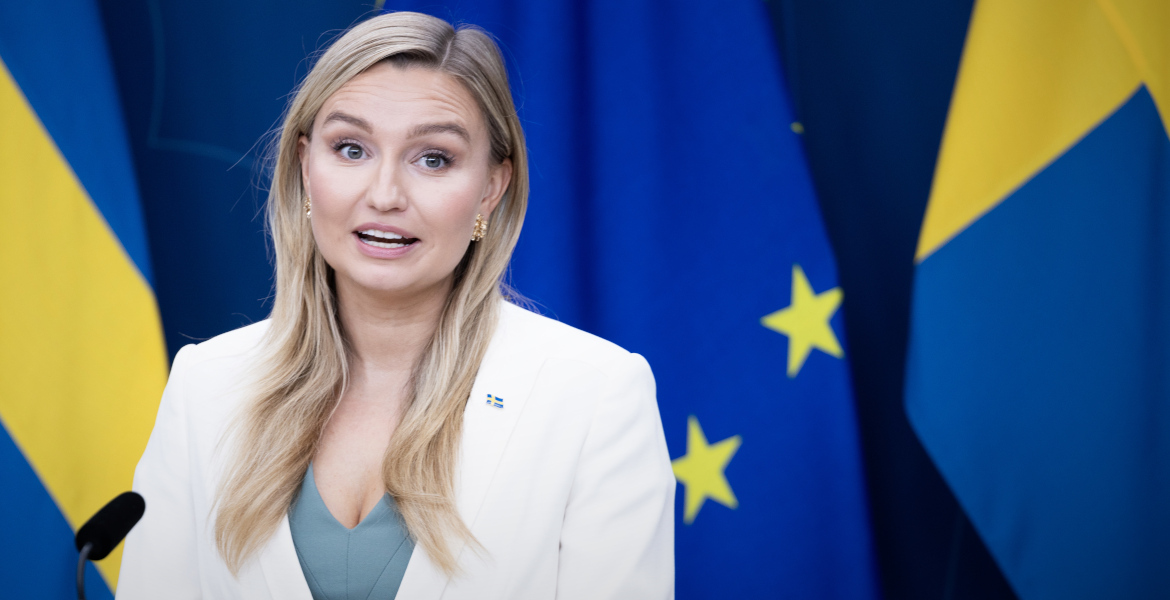Swedish Education Radio’s new program series Who should I believe? claims to provide viewers with “insight, knowledge and tools” to “counter conspiracy theories and disinformation”.
However, one of the invited experts is himself a committed Freemason – something the taxpayer-funded media outlet fails to mention.
The program, which is also shown on Swedish state television SVT, is broadcast in six parts, with each episode focusing on a specific topic – such as “Tech Giants”, “Disinformation” or “Conspiracy Theories” – and is hosted by Kodjo Akolor.
“Using facts, research and personal encounters, host Kodjo Akolor guides us through a world of disinformation, conspiracy theories and hidden advertising messages”, according to a press release.
“Throughout the series, we meet experts and famous faces such as Emma Frans, Jenny Strömstedt, Ina Lundström, Karin Pettersson, Paulina Modlitba, Kent Werne, Abbie Richards, Andreas Önnefors, Jeanette Fors-Andrée and Amina Manzoor, who help us understand how our media habits affect our inner and outer lives – and how we can deal with it”, UR continues.
Andreas Önnerfors (whos last name was misspelled in the above quote) is a historian of ideas and learning who has devoted much of his academic life to combating and “disproving” what he considers to be “conspiracy theories”, often appearing as an expert hired by the media or authorities to give his opinion on how best to identify and counter them.
Remarkably, Önnerfors himself is a member of a shadowy power society that is the subject of various “conspiracy theories” and into which citizens and observers have no insight at all – namely the Freemasons.
“Freedom of association in Sweden”
Swedish daily newspaper Nya Dagbladet has previously highlighted Önnerfors’ membership in the Freemasons and how he was nevertheless hired by the Swedish Civil Defence Board (Myndigheten för samhällsskydd och beredskap) to produce a study on “conspiracy theories and covid-19”.
He himself has claimed that his membership of the order is “quite insignificant” because there is freedom of association in Sweden.
– Of course we have freedom of association in Sweden, and what people do in their spare time is fairly insignificant for their professional work, he told Nya Dagbladet in 2021.
– I myself think it can be difficult to know what is true and what is not. But after talking to our experts, it is easier to have a healthy skepticism about what you read. Especially what appears in the feed, says host Kodjo Akolor.
It is not clear, however, whether UR believes that people should also have a healthy skepticism and question their own productions and invited experts.








